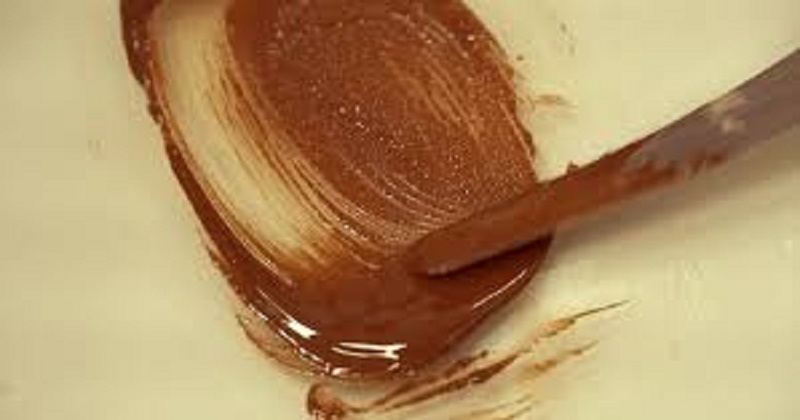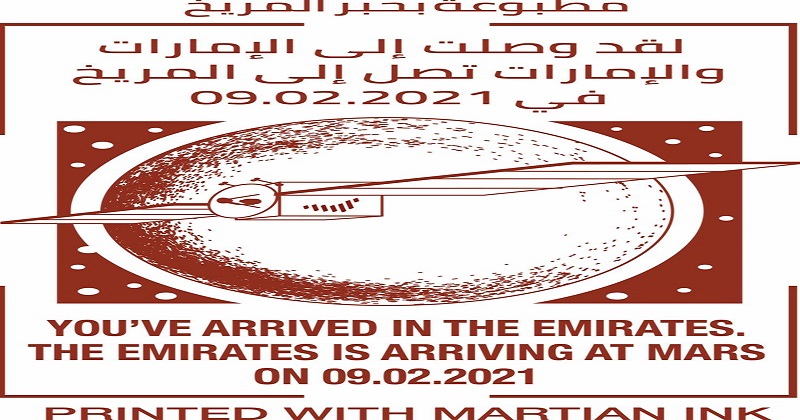
Airline passengers landing in UAE will get a special stamp to mark the country’s mission to Mars.The ink for the stamp was produced from the same type of volcanic rock found on the Red Planet’s barren surface.In the hours before the Hope space exploration orbits Mars, Dubai Airports and the UAE Government Media Office published pictures of how the stamp was created.

Tuesday night’s mission reflects the thriving blast-off from Japan in July and a seven-month, 493.5-million-km journey through space.Officials have emphasized that the mission has a 50 per cent possibility of victory, but are hopeful that the country will make records.Basalt rocks are discovered both on Mars and on Earth in certain parts of the globe. One of those areas is the UAE’s Hajar mountains and Sharjah’s Mleiha Desert.

To produce the liquid to print the stamps, these rocks were ground into a fine paste and dried in the sun.They were combined with chemicals to form three separate colours that depict the Red Planet.Basalt rocks date back tens of millions of years and provide the UAE’s mountain ranges their sharp rugged look.If the Hope probe is successful, it will start to capture and transmit the first photo of Mars within a week.

It will then initiate its mission to make the first full picture of the Martian atmosphere applying its three advanced scientific instruments.The tools will proceed to send data of the Red Planet’s atmosphere for one Martian year, similar to 687 Earth days.Hope is a kind of weather and climate satellite for Mars.It will examine how energy moves in the atmosphere during the seasons of the year.
Read more; “Hindu worshipping places in country neglected” ; Pakistan Supreme Court initiates probe

It will also explore dust that affects the planet’s temperature, and it will check atoms of hydrogen and oxygen at the top of the atmosphere, which could provide hints as to why Mars is now avoiding the water that it once had.Hope is anticipated to get more than 1,000GB of new data, which will be administered with more than 200 academic and scientific organizations around the globe.

Post Your Comments